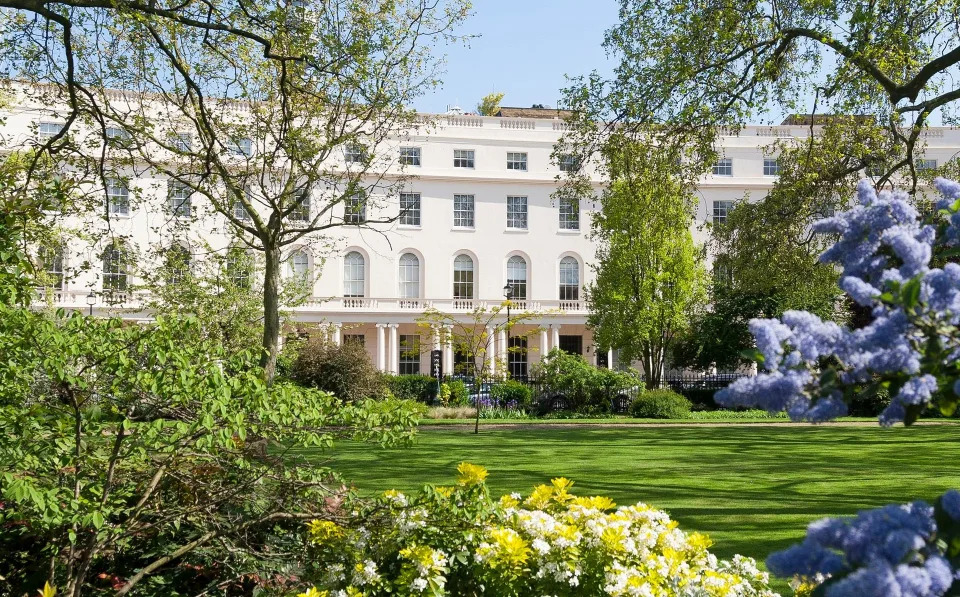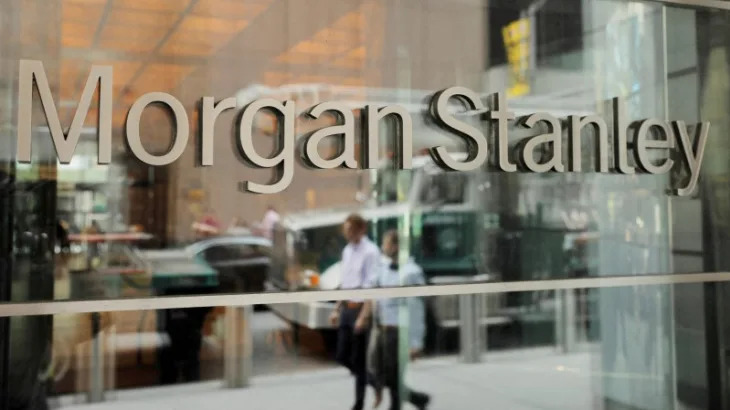
The damaging impact of Rachel Reeves as Chancellor continues to be revealed in every nook and cranny of the economy.
Where her Conservative predecessor, Jeremy Hunt, went wrong, Reeves has doubled down and multiplied the errors. The ending of non-dom status and the tax increases that especially punish the wealthiest are working their way through the economy and making us all poorer.
The latest example of damage is the discounting taking place in London’s prime and super prime property market.
While this trend can be presented as good news for purchasers looking for a bargain, it signals people exiting the market and provides evidence of what happens when thousands of millionaires and billionaires leave the UK for cities such as Dubai or a quieter life in the Channel Islands.
The latest Coutts London Prime Property index for Q4 of 2024 should ring alarm bells for the way the capital is heading and what the story it tells about the UK as a whole.
It is common for politicians and commentators like myself to focus on the big, generalised numbers of gross domestic product, inflation and unemployment as a form of shorthand to try to understand and describe the health of an economy.
They are, however, the sum of many parts – such as goods or services, food and energy costs, or manufacturing and hospitality – and within those classifications live many individual sectors.
By looking at the economic data in smaller markets, developing trends can help explain how changes in taxes, laws and new ways of doing things are making a difference can play out across the economy.
London’s super prime residential property market is defined as homes worth £10m or more. Coutts describes the market as “flourishing”, presumably on the basis that more properties are being sold, but the appearance of significant discounts against asking prices above £1m or more tells the real story. There are more sellers than buyers.
What Hunt started Reeves has excelled at, encouraging the wealthiest, and their consumption of property, goods and services, to flee the capital – taking their spending and all the jobs it creates and the tax revenues it brings to depart our shores.
Coutts reports “the number of super prime properties sold in London in the last three months of 2024 more than doubled compared to the same period the previous year – despite changes announced in the government’s Autumn Budget”.
The reality could also be the trend has now accelerated because of the Chancellor’s October Budget, not despite it.
Indeed I would go further and suggest the interregnum between the beginning of July and the end of October, when Rachel Reeves talked down the state of the public finances and the economy, directly encouraged fear and speculation about which taxes she would have to increase and how much more she would seek to borrow.
Despite cutting back the winter fuel allowance, no one thought she would reduce the overall level of public spending.
In such circumstances, many high net-worth individuals will have concluded it was time to sell up in London and try to complete as quickly as possible to avoid any changes to capital gains tax, stamp duty and inheritance tax.
Thanks to Hunt getting the ball rolling, thousands of non-doms were already on that journey. The subsequent rises in capital gains tax, stamp duty and changes to inheritance tax by Reeves – have only added fuel to the fire.
This narrative is evidenced by the increase in capital gains tax property sale revenues which surged by 16.3pc between July and September last year (from £492m in Q3 2023 to £572m Q3 2024) as owners of assets sought to beat any increase in the tax.
Eventually, while Reeves announced an increase in the rates of capital gains tax, she excluded residential properties from the measure. Instead, she increased stamp duty by 2pc across all rates, resulting in properties selling for more than £1.5m attracting a punishing stamp duty charge of 17pc. Both measures were with immediate effect.
The Coutts survey data for Q4 of 2024 found that three out of four (76pc) of prime London properties sold at a discount against the asking price, and that on average, buyers negotiated a discount of 8.9pc – up from a discount of 8.6pc in the previous quarter.
That’s a falling market, not a climbing one. There was a 31pc rise in sales volumes compared to previous year, which points to more owners upping sticks, thanks to the Reeves effect and helped increase the need for discounts.
Compared to Q4 in 2023, London prime property prices for 2024 were down 2.9pc and are on average 8.4pc below the market peak in 2014.
For many reasons, London will continue to offer attractions to wealthy people internationally – its common law and English language, its historical and cultural assets, and its location to do business and educate children are just some of many lifestyle and strategic pull-factors. Now we must include in that list prime and super prime properties available at a discount.
With the dollar climbing against sterling and discounts available from those keen to sell up and move out, we can expect to see new foreign buyers looking at such London properties as an investment.
So long as tax changes don’t discourage them, new purchasers could take a long-term strategic view that buying such exclusive properties at a discounted low will allow them to make a handsome profit maybe 10 years in the future. They would of course be taking a bet that things won’t get even worse.
Ending non-dom status has been estimated by the Adam Smith Institute as costing the Treasury £6.5bn in tax revenues and 23,000 jobs by 2035, and partly explains the capital flight from the UK as we suffer the second highest loss of millionaires in the world, with only China losing more.
There is no doubt Reeves is already buckling under the pressure of the damage her October Budget has wrought to the British economy. Having confirmed the ending of non-dom status, Reeves made some inconsequential changes that will make little difference to the outcomes, but showed she recognises she made a serious misstep
The discounting prime property market might be good for some purchasers but it points to the continued if not accelerating departure of high net worth individuals from our shores and the tax revenues, jobs and prosperity they bring going with them.
Only Keir Starmer can change the direction of travel by changing his Chancellor, but thus far Rachel Reeves has his every confidence and those of us who remain in the UK all have to grin and bear it.
Broaden your horizons with award-winning British journalism. Try The Telegraph free for 1 month with unlimited access to our award-winning website, exclusive app, money-saving offers and more.





